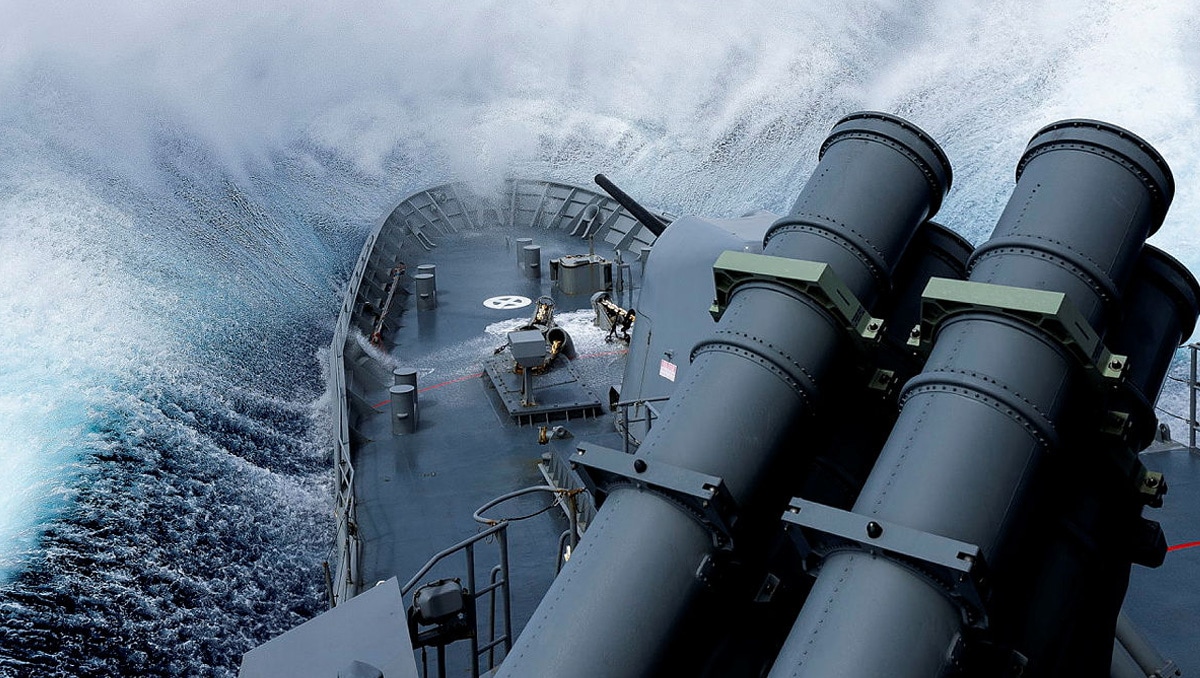Australia's Defence: Independent, But Not Alone
Australia's strategic landscape is complex, demanding a defence strategy that balances national independence with robust international partnerships. The nation's commitment to an independent defence force is unwavering, yet its success hinges on strategic alliances and collaborative efforts. This article delves into the nuances of Australia's defence policy, examining its independent approach while highlighting the crucial role of its allies.
A Nation Forging its Own Path: The Essence of Independent Defence
Australia's pursuit of an independent defence capability stems from its unique geographic location and strategic interests. Isolated yet influential in the Indo-Pacific region, Australia faces a diverse range of security challenges, requiring a tailored approach. This independence manifests in several key areas:
-
Indigenous Defence Industry: Australia is actively investing in building a robust indigenous defence industry. This not only fosters economic growth but also ensures greater control over its defence capabilities and reduces reliance on foreign suppliers. Initiatives like the continuous development of the Hunter-class frigates are prime examples.
-
Strategic Investments: Significant investment in advanced military technologies, such as submarines and fighter jets, showcases Australia's commitment to maintaining a technologically advanced and credible defence force. This reflects a proactive approach to managing potential threats.
-
Military Doctrine: Australia's military doctrine emphasizes adaptability and flexibility, reflecting the multifaceted nature of the challenges it faces. It's a doctrine designed to address diverse threats, from terrorism to cyber warfare and traditional conflicts.
The Power of Partnerships: Strengthening Defence Through Alliances
While independence is paramount, Australia recognizes the limitations of a purely unilateral approach. Strong alliances are crucial for bolstering its defence capabilities and projecting its influence on the global stage. Key partnerships include:
-
The United States: The US-Australia alliance is a cornerstone of Australia's security strategy. Joint military exercises, intelligence sharing, and technological collaboration underpin this vital partnership. The AUKUS agreement, a trilateral security pact with the UK and US, represents a significant deepening of this relationship, particularly in the realm of nuclear-powered submarine technology.
-
United Kingdom: The AUKUS agreement has strengthened the already strong ties between Australia and the UK, fostering deeper defence cooperation and knowledge exchange.
-
Other Regional Partners: Australia actively collaborates with regional partners such as Japan, India, and Indonesia to foster security cooperation and address shared challenges in the Indo-Pacific. These partnerships aim to enhance regional stability and promote a rules-based international order.
Balancing Act: Navigating the Complexities
Australia's defence strategy represents a delicate balancing act. Maintaining its independent decision-making while leveraging the benefits of strong alliances is crucial for its national security. This requires:
-
Effective Diplomacy: Strategic diplomacy plays a pivotal role in building and maintaining strong alliances, ensuring cooperation and coordinating responses to shared challenges.
-
Adaptability: The constantly evolving geopolitical landscape necessitates a flexible and adaptable defence strategy that can respond to emerging threats and opportunities.
-
Transparency and Communication: Open communication with allies and partners is vital for fostering trust and ensuring effective collaboration.
Conclusion: A Secure Future Through Strategic Partnership
Australia's defence policy demonstrates a clear commitment to national independence, underpinned by a sophisticated understanding of the importance of strong international alliances. By carefully managing this delicate balance, Australia aims to safeguard its national interests and contribute to regional stability in an increasingly complex world. Its approach offers a compelling model for other nations seeking to navigate the complexities of modern geopolitics. The future of Australia’s defence will continue to be shaped by its commitment to both its independent strength and its collaborative partnerships.
Keywords: Australia Defence, Independent Defence, Defence Strategy, AUKUS, Indo-Pacific, US-Australia Alliance, Regional Security, Defence Partnerships, National Security, Military Alliances.

